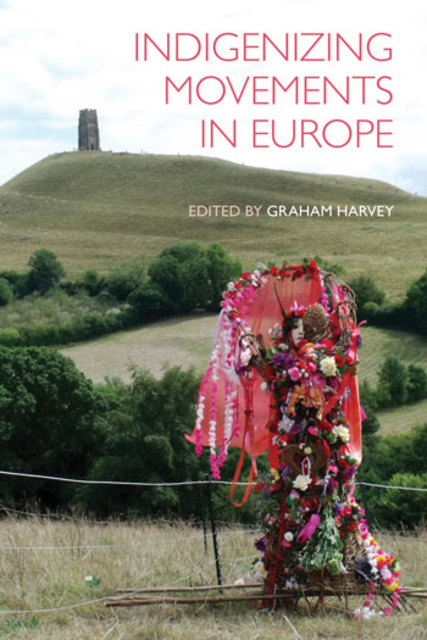Harvey/Indigenizing, 7. ‘Witch’ and ‘Shaman’

Full description
From the very birth of the term, Strega (‘Witch) is used with a negative connotation to describe women with powers aimed at harming people. Strega has its etymological origin in the Latin Strix, the owl believed to feed on human blood. Pop culture, books and media alike, also portrayed the witch as an evil character to the point where it became common parlance to address a person deemed evil as a witch. In the last three decades, with the popularisation of Paganism and Wicca, the term has been reclaimed and somehow sanitised by Pagans who neutrally describe this figure as someone who has the ability to change reality in accordance with the will. In more recent years, with the spread of Shamanism, more practitioners start to either renounce the term witch in favour of Sciamano/sciamana (‘Shaman’) or use them both to define themselves. By analysing the discourse that practitioners create around the use of the terms ‘witch’ and ‘shaman’, I will illustrate the differences between the two and the possible reasons as to why ‘shaman’ appears to be increasingly favoured. For instance, Shamanism is not considered a Religion and hence has no contrast nor a history of antagonism with the Catholic church as Witchcraft does. Shamanism is also believed to be more connected to Nature and to be freer of rituals, tools and rigid ceremonies than Witchcraft. An inner contradiction is also disclosed as, despite the fact that Shamanism is commonly interrelated with the indigenous cultural framework, Italian practitioners appear to favour forms of trans-cultural Shamanisms over their own autochthonous traditions.
- typeImage
- created on
- file formatjpeg
- file size60 KB
- container titleIndigenizing Movements in Europe
- creatorAngela Puca
- isbn9781781797921 (eBook)
- publisherEquinox Publishing Ltd.
- publisher placeSheffield, United Kingdom
- rightsEquinox Publishing Ltd.
- doi
We use cookies to analyze our traffic. Please decide if you are willing to accept cookies from our website. You can change this setting anytime in Privacy Settings.
